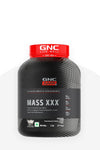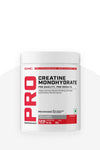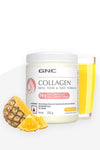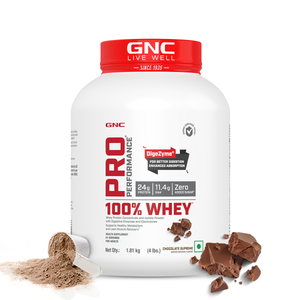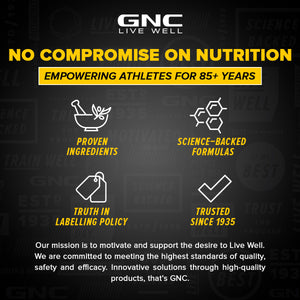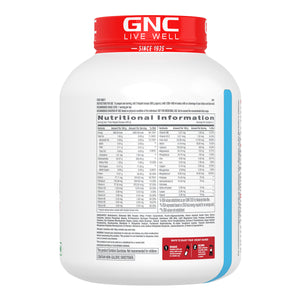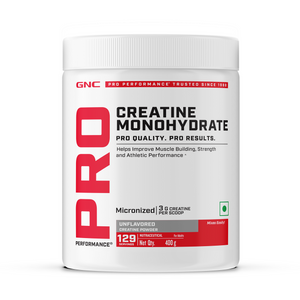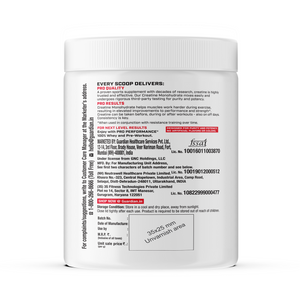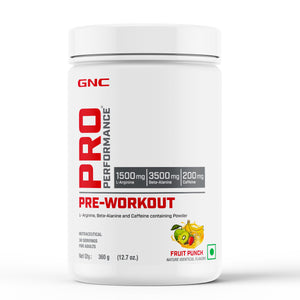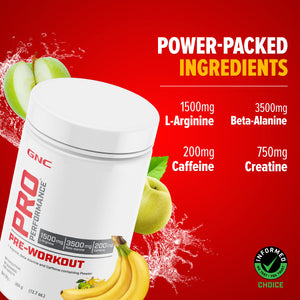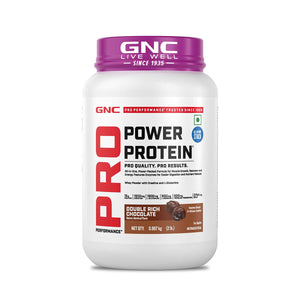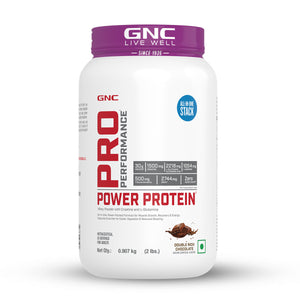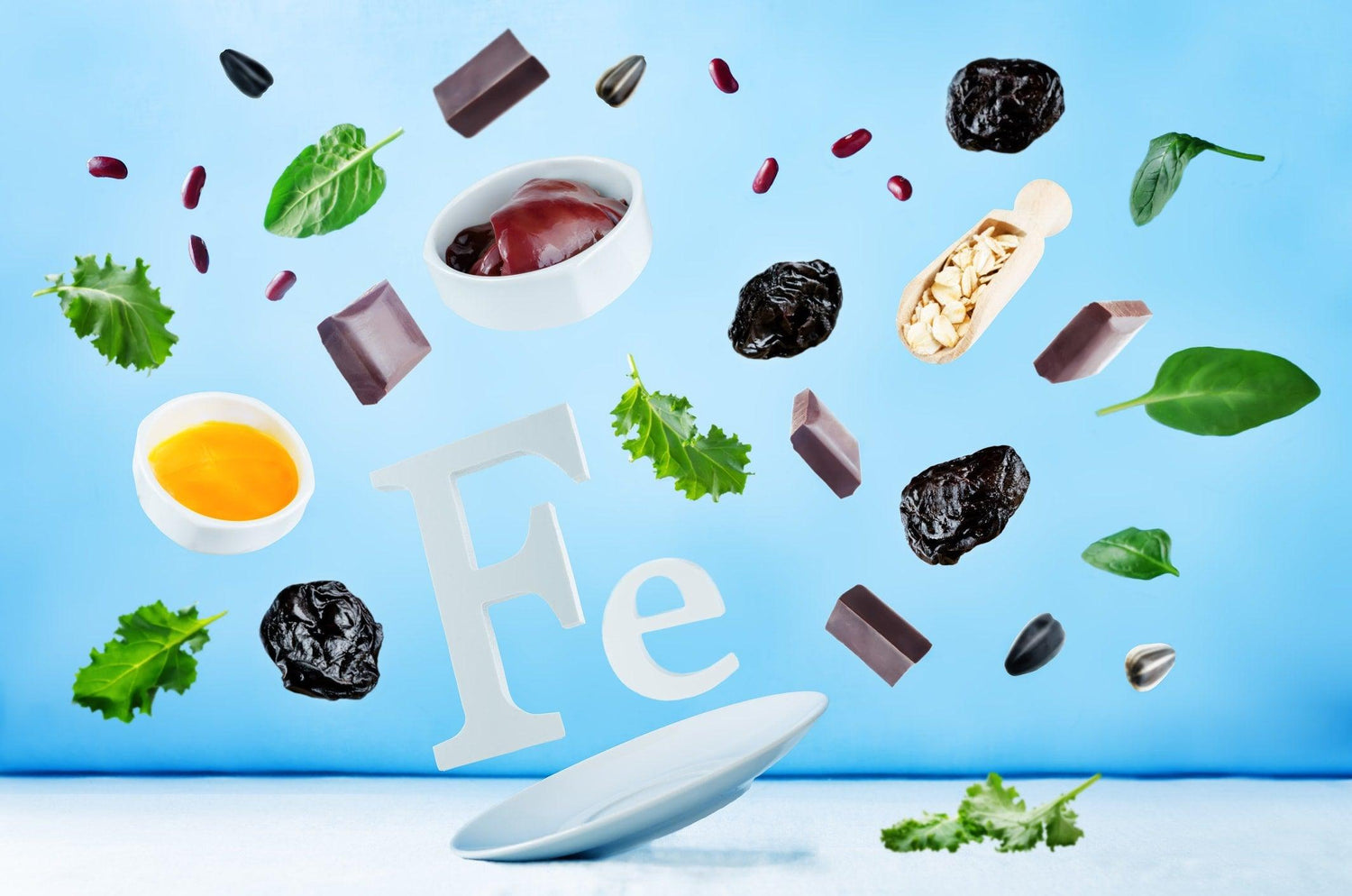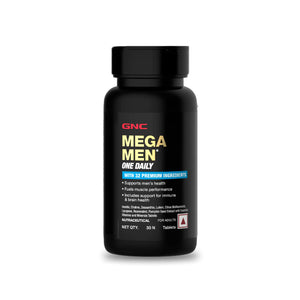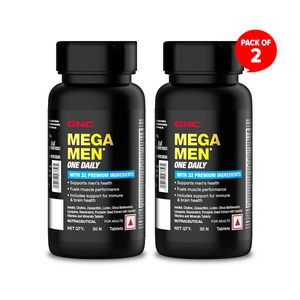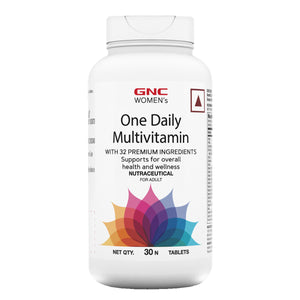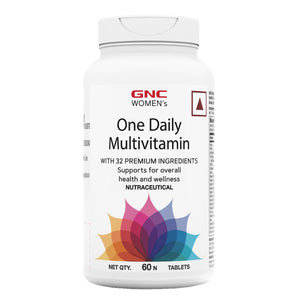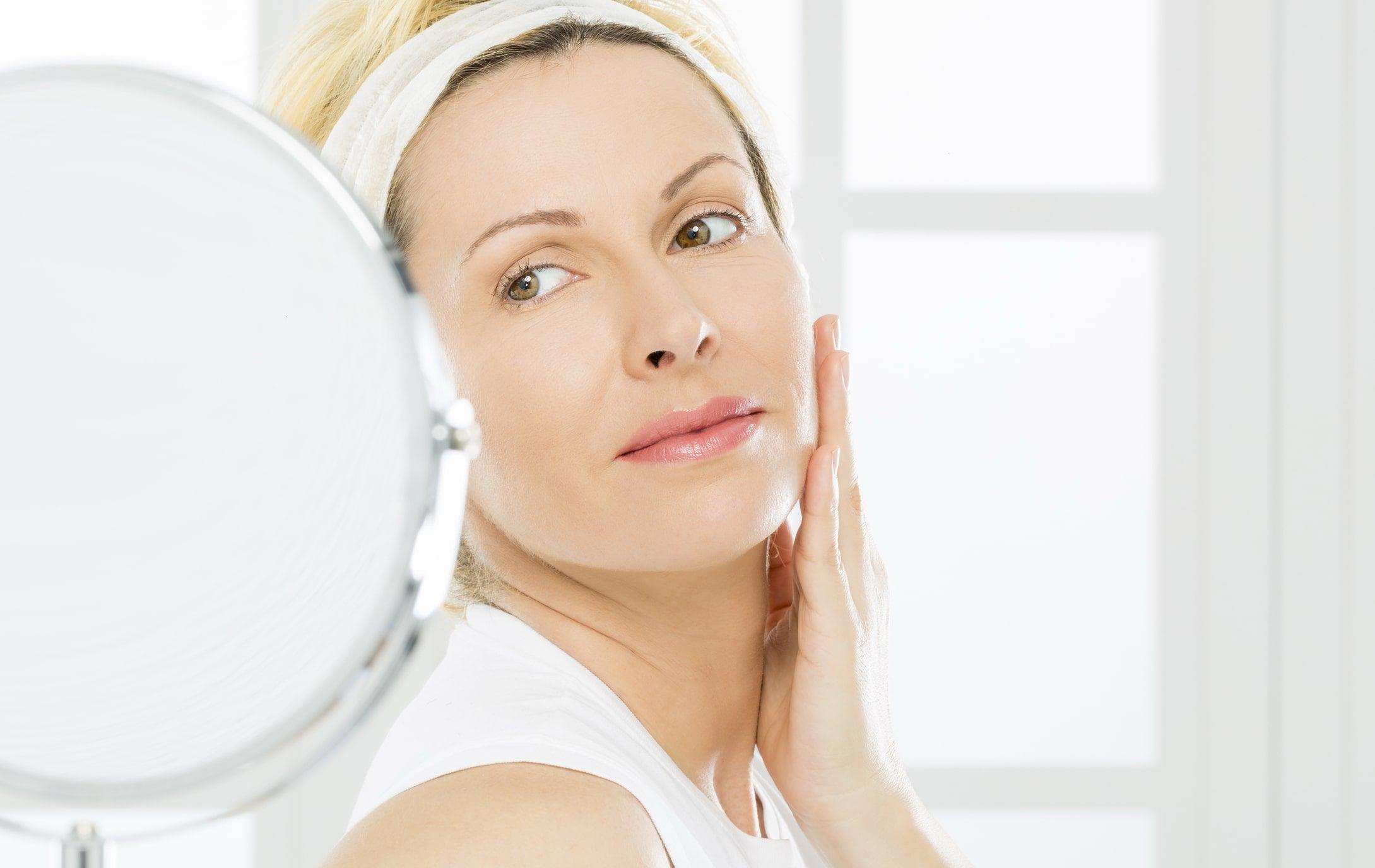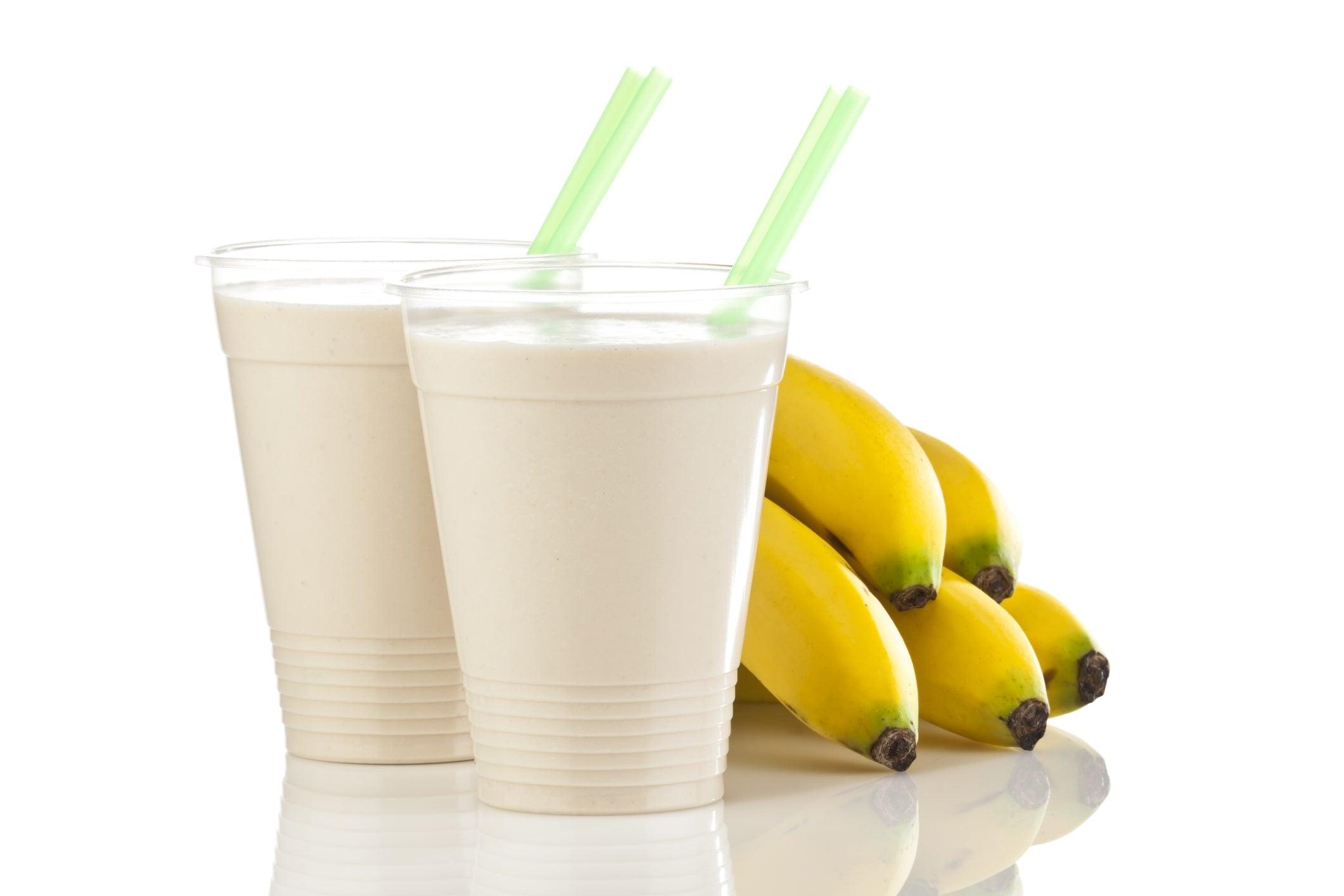What is Iron?
Iron belongs to the trace mineral family, which are required in smaller amounts but have a bigger impact on our health.
Iron is an essential mineral for building blood and transporting oxygen. It is also involved in energy utilization and in muscle function. Iron is necessary to support placental and fetal needs and a mother’s increased blood volume. Iron also plays a vital role in the formation of healthy red blood cells.
What are the Food Sources of Iron?
The best animal-based sources would be:
Red meat, liver, eggs, pork, fishes or shellfishes
The best plant-based sources of iron include:
Garden cress seeds, green leafy vegetables, dry fruits like figs or dates, legumes, and pulses
Iron from animal sources also known as haem iron can be absorbed easily in our body. But, Iron from the plant-based source also known as non-haem iron cannot be absorbed that easily. Vitamin C intake along with plant sources of iron may help enhance the iron absorption.

What does iron do in the body?
Responsible for normal oxygen transport
Hemoglobin is the carrier of oxygen in the blood. Iron is at the center of the heme, the iron-containing portion of hemoglobin and myoglobin. Hemoglobin carries oxygen in the blood and myoglobin resides in muscle and moves oxygen into the muscle cells.
Responsible for normal immune system functioning
Lymphocytes are associated with body general response towards an infection. For lymphocytes to function properly, they need iron. Iron is necessary for the proliferation and maturation of immune cells, particularly lymphocytes.
Essential for cognitive function
Iron is required for cognitive functions like memory, problem-solving, learning, and concentration. You may not need 2 to 3 cups of coffee if you consuming enough iron for your brain to function absolutely efficient.
Fights fatigue and tiredness
As per the study conducted in the year 2012, women who took iron supplements experienced 48% less fatigue than women who didn’t take them. This study explains why iron is so important mineral and gets even significant for athletes and pregnant women who need more amount of iron to help them function better.
Do women need more iron than men?
Iron is an important mineral for both men and women. It helps fight fatigue and tiredness as well as required for normal energy metabolism, oxygen transport, immune function, and formation of red blood cells.
But, Iron is a very important nutrient particularly for women of reproductive age, as the requirement doubles as compared to the men or women of non-reproductive age.
Menstruation is the main reason for the increased iron intake and also the cause of the iron deficiency. A woman loses a lot of iron approx. 220 to 250 mg of iron per pint of blood during their 4 to 5 days of the menstrual cycle.
Pregnancy also has an impact on the iron requirement of a woman. As women’s blood volume increases and also body uses iron to make hemoglobin to transport oxygen o other cells. A lot of blood loss also happens during the delivery and this makes a woman vulnerable to infections and major iron deficiency.
As we reach menopause, our requirement for iron reduces and later men and women have almost the same requirement.
But, it is important to keep providing adequate iron to you through natural sources or iron supplements.
Recommended Dietary Allowance for Iron
| Group | Iron (mg/d) |
| Men (Sedentary, Moderate & Heavy Worker) | 17 |
| Women (Sedentary, Moderate & Heavy Worker) | 21 |
| Pregnant Women | 35 |
| Lactating Women (0 – 12 months) | 21 |
What are the symptoms of iron deficiency?
If your body doesn’t get enough iron, then he or she may not be able to make more of hemoglobin for your tissues or your muscles. This leads to a condition called Iron Deficiency Anemia.
Common Deficiencies include:
- Fatigue
- Pale skin
- Feeling very tired throughout the day
- Shortness of breath
- Headache
- Brittle Nails
- Chest Pain
Who are at Risk of Iron Deficiency?
Women are particularly at risk, due to periods, pregnancy, and breastfeeding. Vegetarians, vegans or those who don’t eat a lot of meat may also have low iron levels.
Iron Supplementation becomes necessary for these age-groups. Look for a suitable iron supplement with great power of absorption or better to have a multivitamin that got vitamin C too and thus lead to an improvement in your iron absorption.



